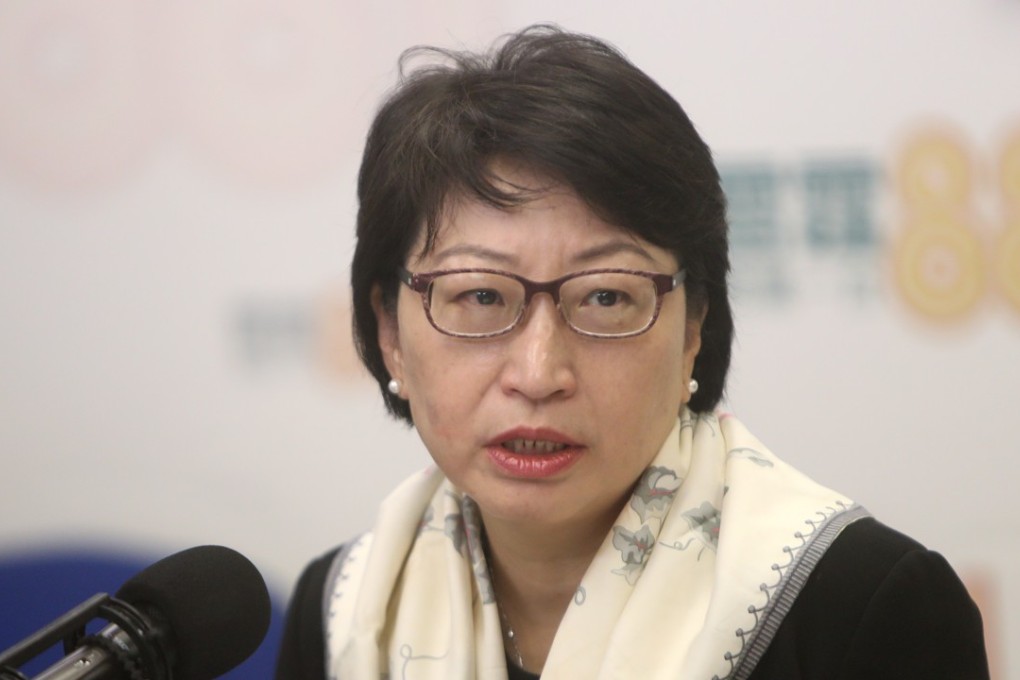Hong Kong courts can challenge government’s bid to write joint checkpoint into law, says justice minister
But Teresa Cheng, making her first comments on the ongoing controversy, maintained that the plan was constitutionally sound

The city’s courts would be able to challenge the government’s proposal for mainland laws to apply in part of a station on the Hong Kong side of a cross-border rail link under construction, Hong Kong’s justice minister said on Sunday.
But Secretary for Justice Teresa Cheng Yeuk-wah added that the proposed legislation – supported by China’s top legislative body – for mainland officials to handle customs and immigrations procedures for travellers in both directions was constitutionally sound, despite two professional legal bodies questioning if this was really so.
Human rights lawyer ‘shocked’ by Hong Kong leader’s dismissal of legal community’s concerns on joint checkpoint plan
The government is set to submit local legislation for a joint checkpoint at the West Kowloon terminus of the Guangzhou-Shenzhen-Hong Kong Express Rail Link to the Legislative Council by next month, as it is gunning for the rail link to start operations in the third quarter of this year.
At HK$260 from Hong Kong to Guangzhou, express rail fares will cost more than earlier estimates
But the city’s legal experts maintain that the plan, known as co-location, contravenes the Basic Law.